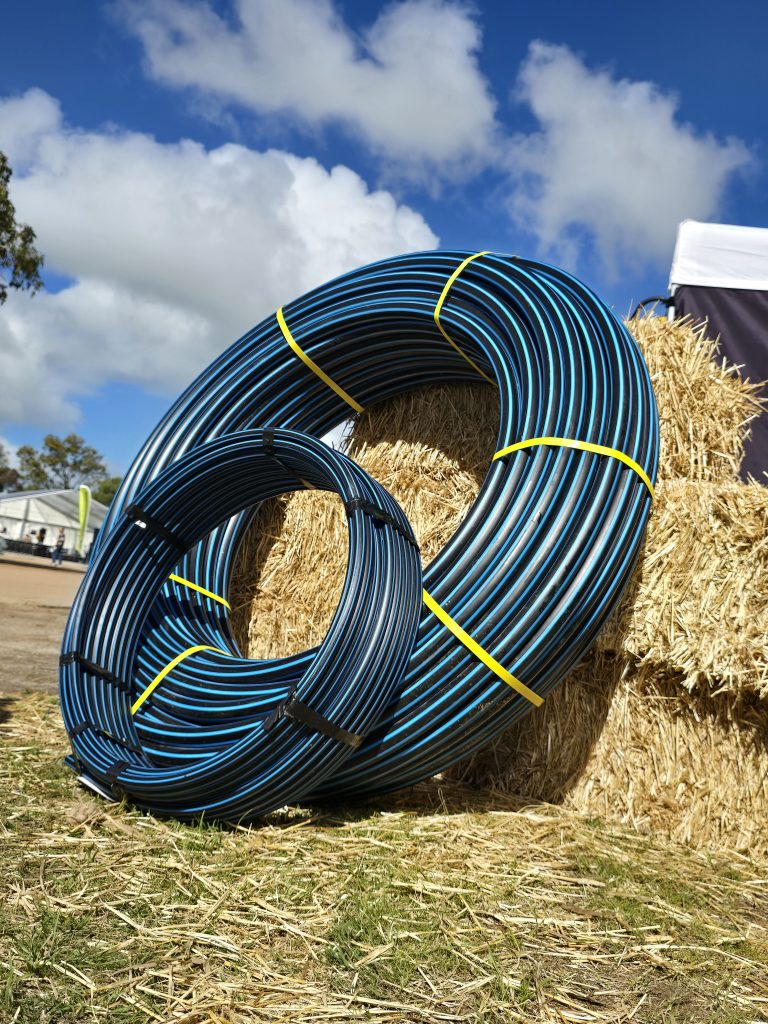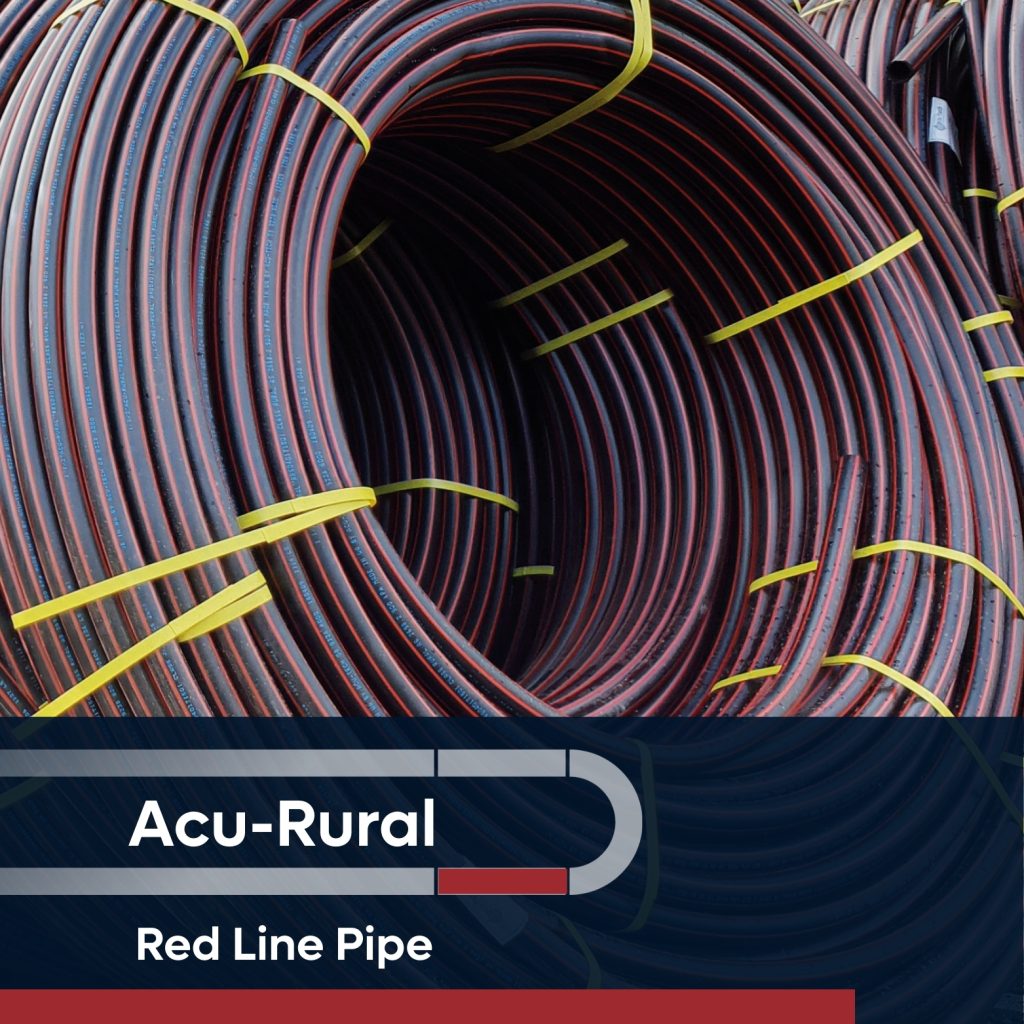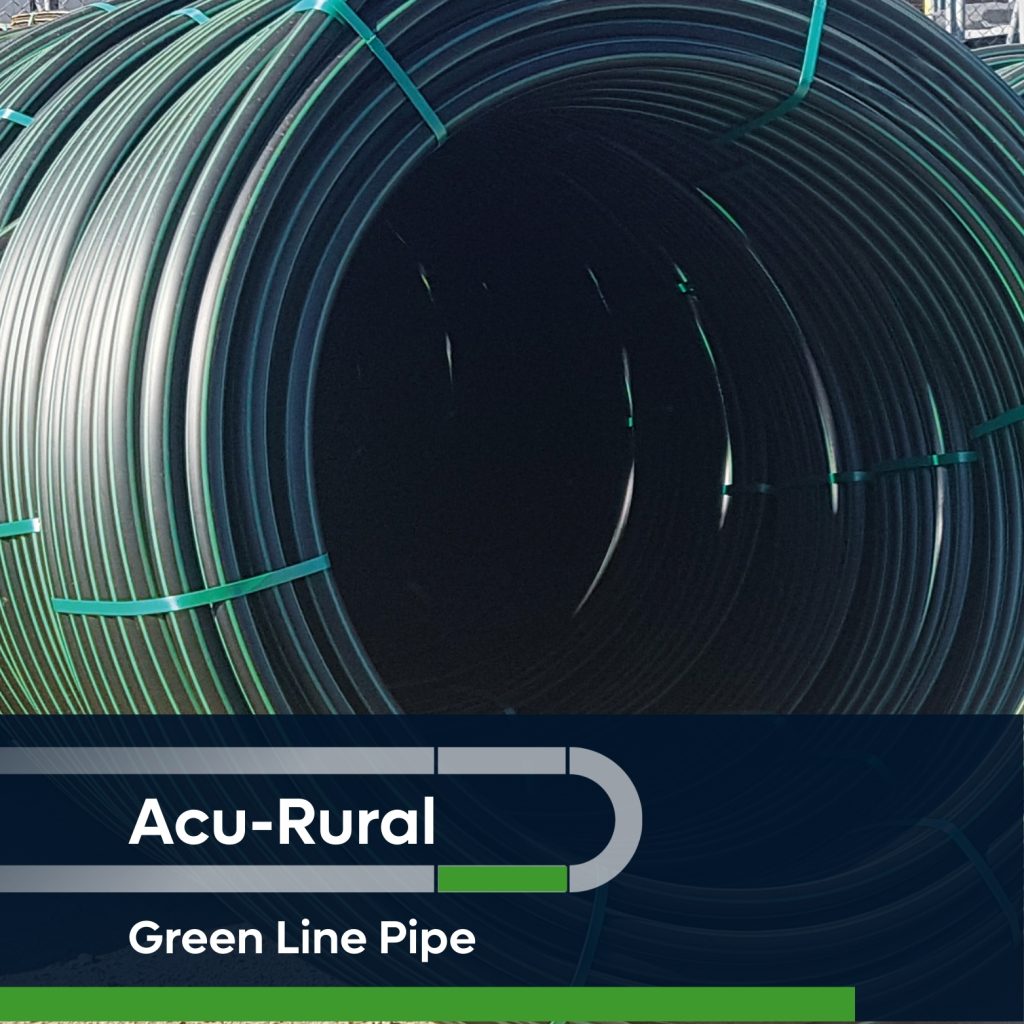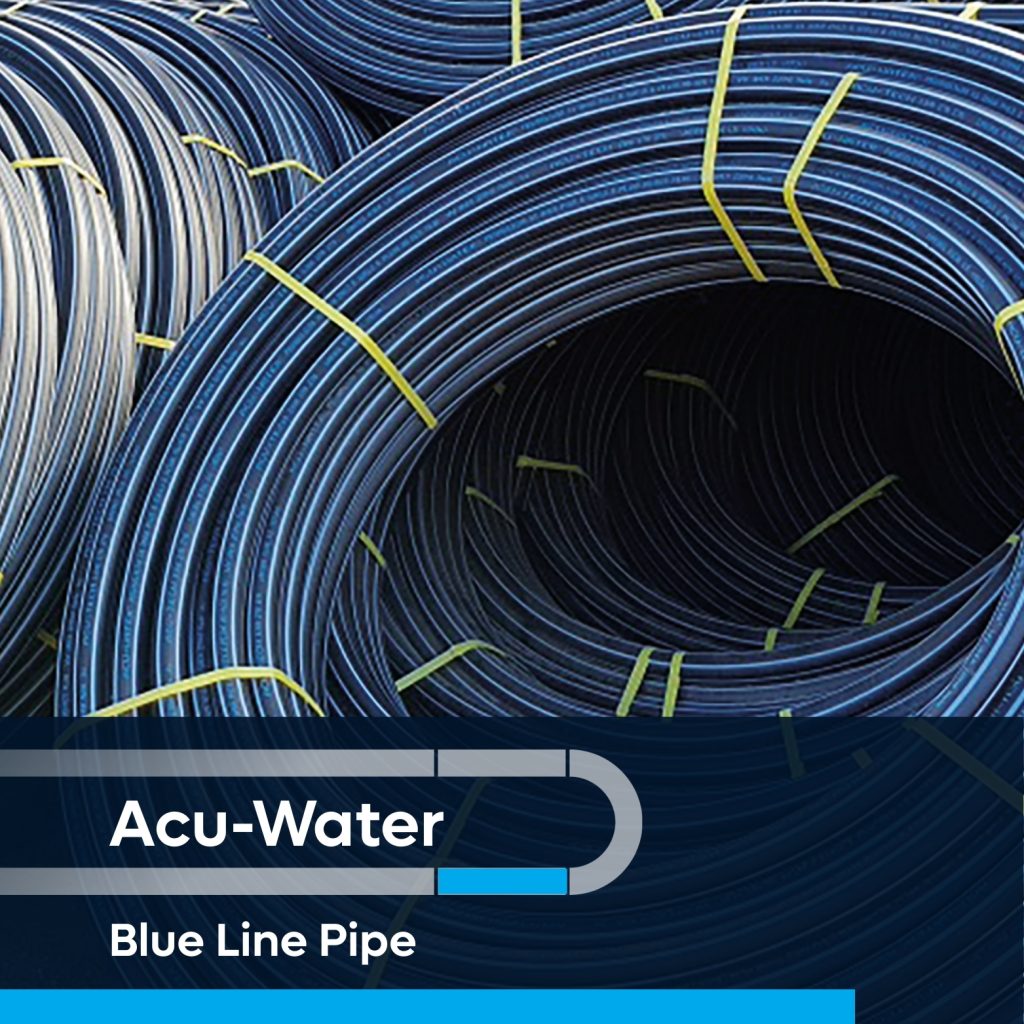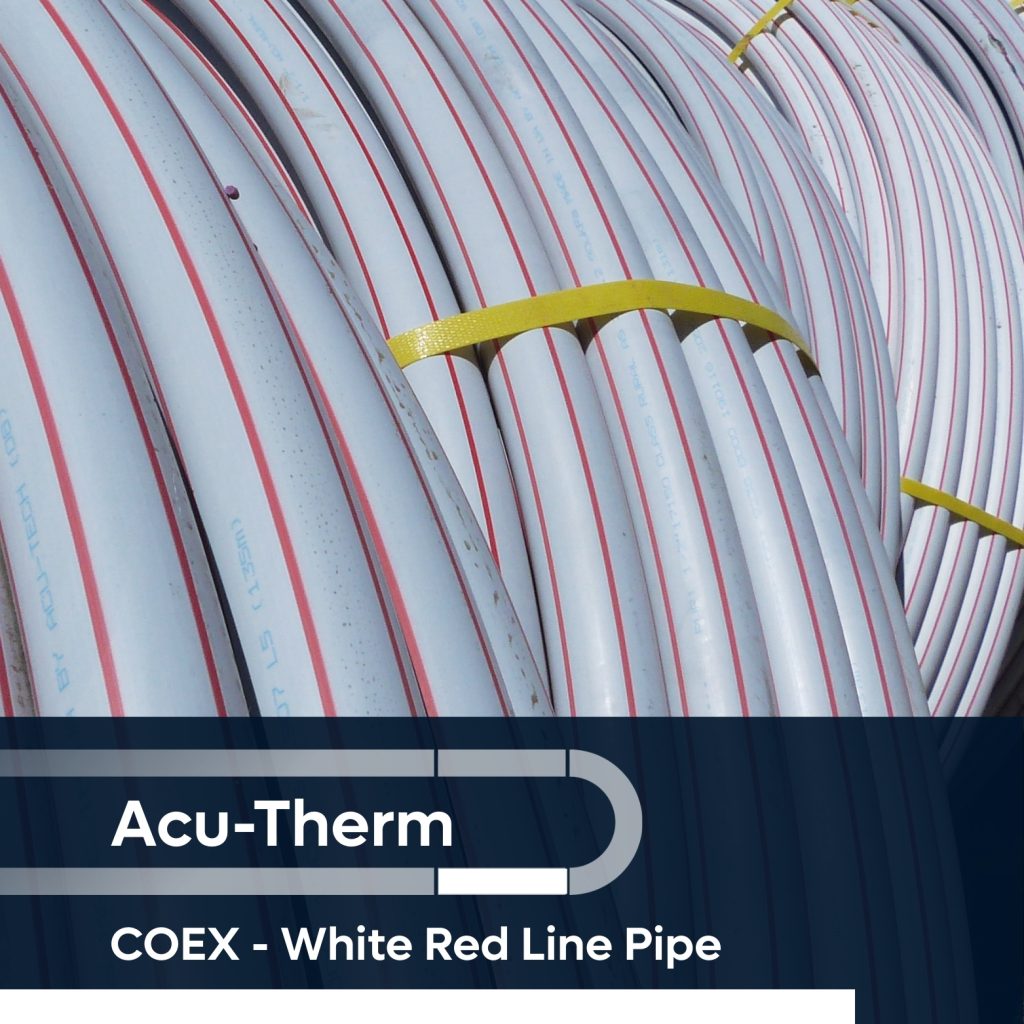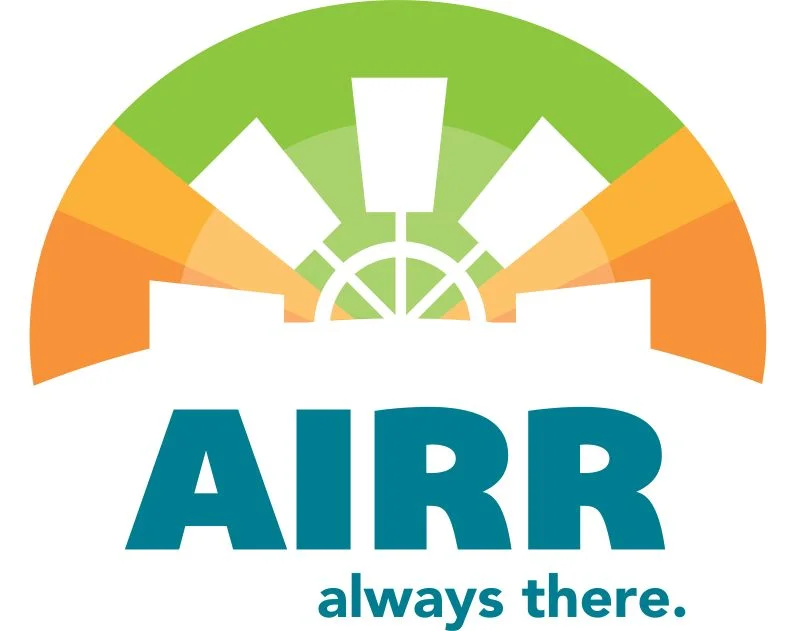- 1300 270 270
Menu
Close
- Industries

Plumbing
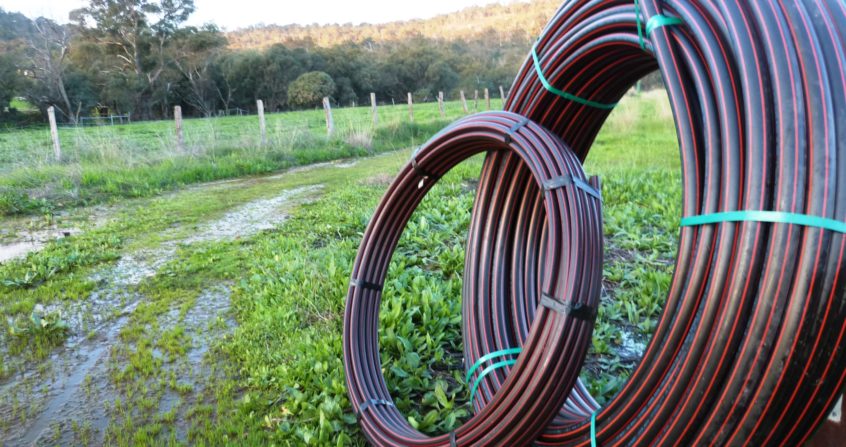
Irrigation
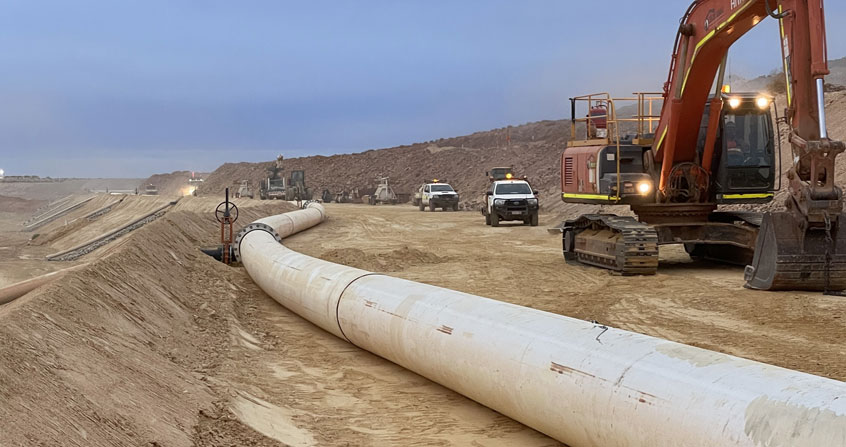
Mining
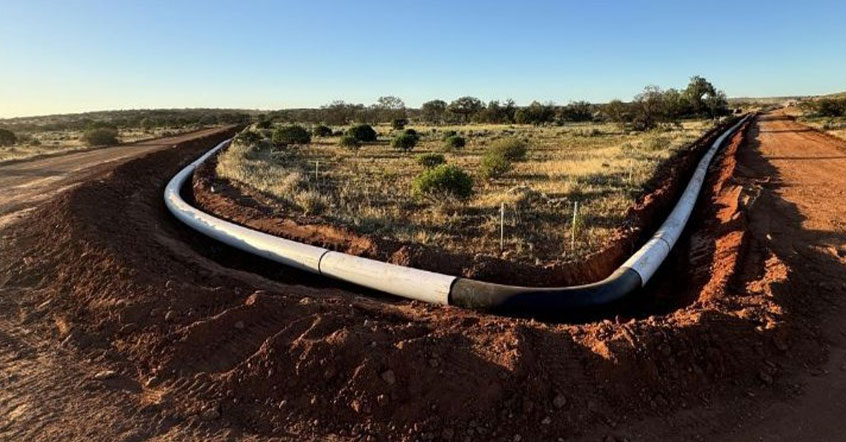
Civil
- Capabilities
- Our Products
Equipment
- HST Electrofusion Welders
- Pipe Scrapers
- Alignment Clamps
- Re-Rounding Tools
- Squeeze Off Tools
- Top Loading Saddle Clamps & Pipe Cutters
- Butt Fusion Machines
- UFUSE Butt Welders
- Ritmo Butt Welders
- Dixon Butt Welders
- McElroy Butt Welders
- Data Loggers
- VAC Lifter
- Pipe Rollers
- Pipe Debeaders
- Thermometers
- Detectable Tape
- Polypipe Coil Cradle
Brands
Equipment Hire, Sales & Servicing
Training
Tools & Calculators (coming soon)
- About Us
- Careers
- Resources
Close
- Industries

Plumbing

Irrigation

Mining

Civil
- Capabilities
- Our Products
Equipment
- HST Electrofusion Welders
- Pipe Scrapers
- Alignment Clamps
- Re-Rounding Tools
- Squeeze Off Tools
- Top Loading Saddle Clamps & Pipe Cutters
- Butt Fusion Machines
- UFUSE Butt Welders
- Ritmo Butt Welders
- Dixon Butt Welders
- McElroy Butt Welders
- Data Loggers
- VAC Lifter
- Pipe Rollers
- Pipe Debeaders
- Thermometers
- Detectable Tape
- Polypipe Coil Cradle
Brands
Equipment Hire, Sales & Servicing
Training
Tools & Calculators (coming soon)
- About Us
- Careers
- Resources
Close
- Industries
- Capabilities
- Our Products
- Pipe
- Fittings
- Equipment
- HST Electrofusion Welders
- Pipe Scrapers
- Alignment Clamps
- Re-Rounding Tools
- Squeeze Off Tools
- Top Loading Saddle Clamps & Pipe Cutters
- Butt Fusion Machines
- UFUSE Butt Welders
- Ritmo Butt Welders
- Dixon Butt Welders
- Data Loggers
- McElroy Butt Welders
- VAC Lifter
- Pipe Rollers
- Pipe Debeaders
- Thermometers
- Detectable Tape
- Polypipe Coil Cradle®
- Ancillary
- Custom Fabrication
- Brands
- Catalogues
- Equipment Hire, Sales & Servicing
- Training
- About Us
- Careers
- Resources
- Contact
Close
- Industries
- Capabilities
- Our Products
- Pipe
- Fittings
- Equipment
- HST Electrofusion Welders
- Pipe Scrapers
- Alignment Clamps
- Re-Rounding Tools
- Squeeze Off Tools
- Top Loading Saddle Clamps & Pipe Cutters
- Butt Fusion Machines
- UFUSE Butt Welders
- Ritmo Butt Welders
- Dixon Butt Welders
- Data Loggers
- McElroy Butt Welders
- VAC Lifter
- Pipe Rollers
- Pipe Debeaders
- Thermometers
- Detectable Tape
- Polypipe Coil Cradle®
- Ancillary
- Custom Fabrication
- Brands
- Catalogues
- Equipment Hire, Sales & Servicing
- Training
- About Us
- Careers
- Resources
- Contact

